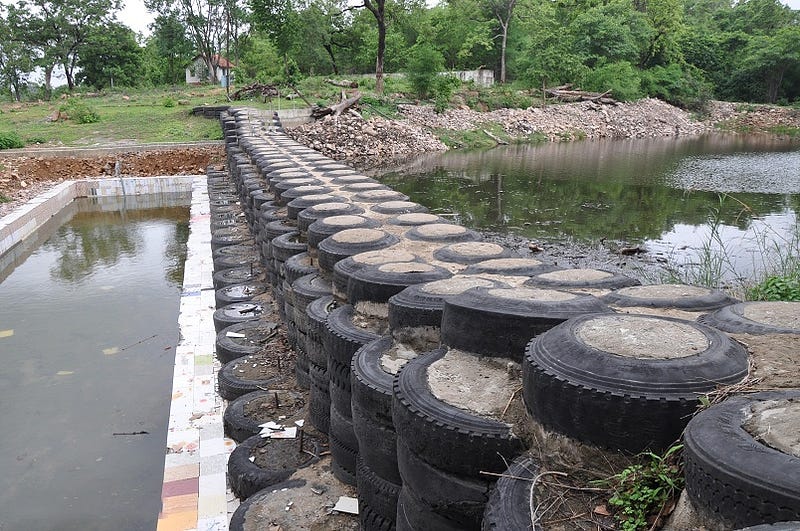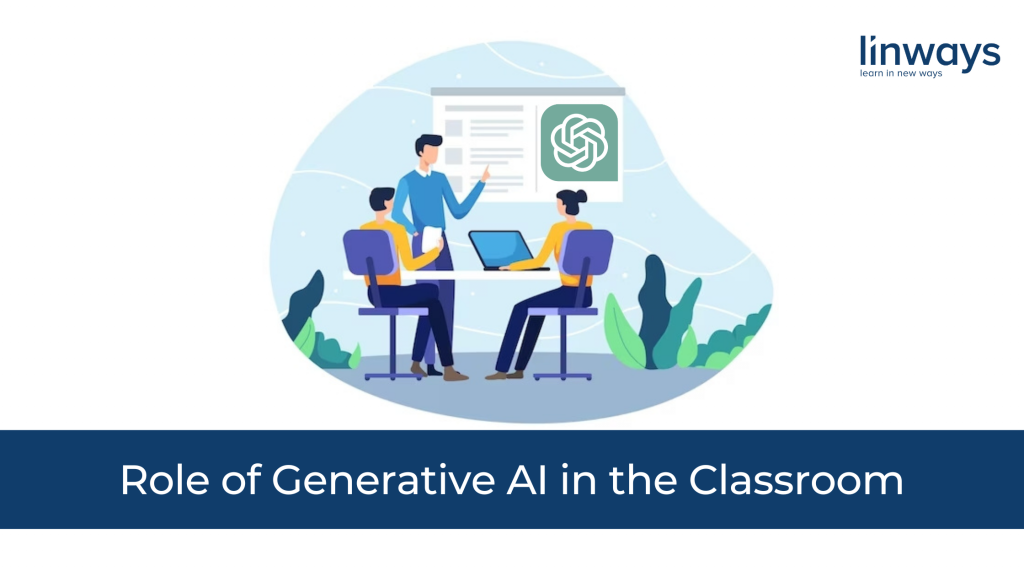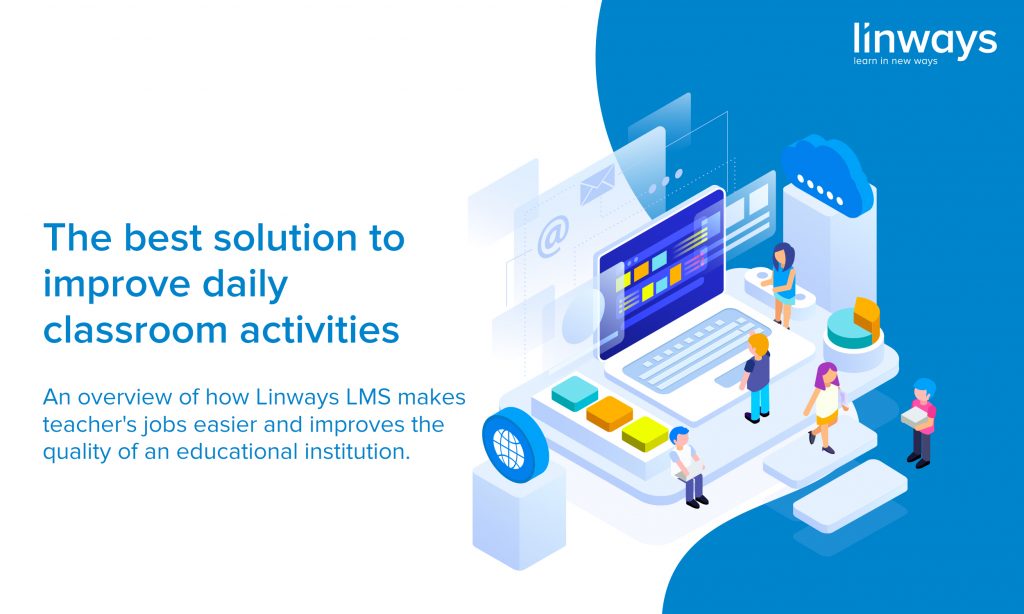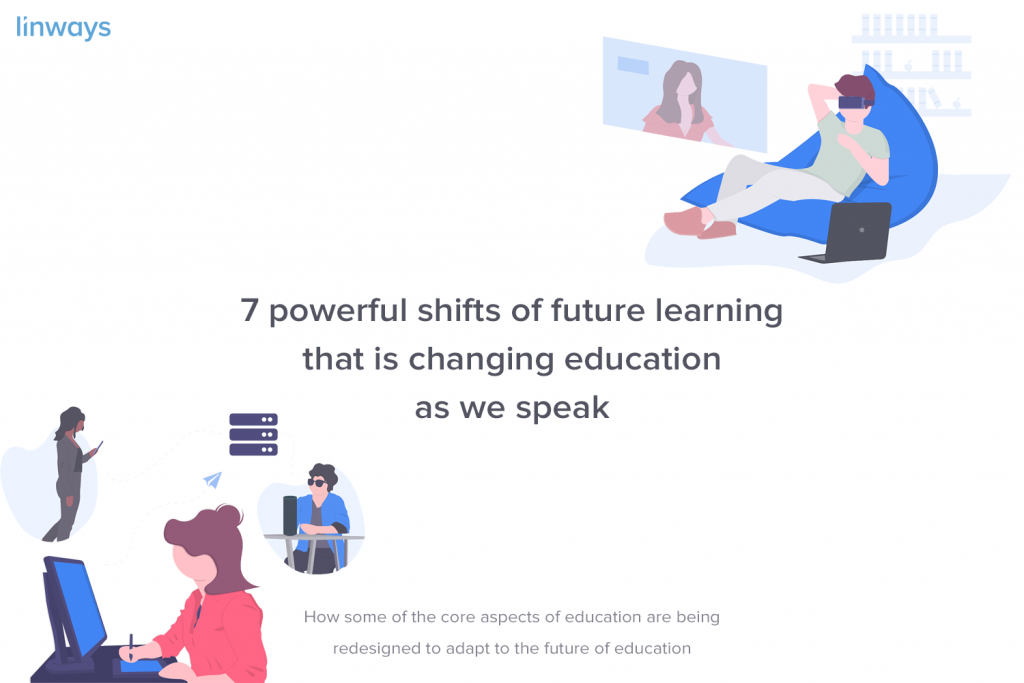We generally visit medical colleges while we are sick, or have any medical emergencies. It is quite common and considered normal. But Why doesn’t anyone approach an engineering college for any engineering needs??

Amidst our conversation with Dr. K. Prasadh, an academician, he came up with an interesting, or rather, an intriguing question which instantly caught our attention.
Why is it that we never visit any engineering colleges when we need an engineer??
There are always some sorts of engineering needs from time to time- whether it’s about constructing a check dam to counter the drought, or setting up an app for public opinions on a controversial issue, or about building a machine for the local agricultural society to make farming more cost effective.
Wouldn’t it be much more easy and accessible for the local governments to give the projects to an engineering college and a few engineering students along with their teachers completes the project.
That way, we have our situation solved, and those students would’ve gained some knowledge through experience. It would be a win-win.
It’s not like we do not have enough engineering colleges or anything.
In fact, we have more than enough of those. And some institutions like in the case of IITs and the NITs, they often take up government projects and social works as a part of their education and they gain experience and practical knowledge as a result.
There are several occasions where engineering students could do this; like
- Prepare plans and collect data on constructing buildings, dams, and other structures.
- Conduct surveys on various topics to help the public, like the level of scarcity of water in an area, or the feasibility of a powerhouse or the major cause of accidents in a particular area.
- Help the local agricultural societies by servicing their equipment or mechanical works on dams and powerhouses.
- Setting up windmills or solar power generators to counter the shortage of electricity.
- Study situation that needs improvement and submit reports to the authorities.
We could go on and fill a few more pages, but to write it all down here would still only be the tip of an iceberg-considering what the students could actually do if we let them. Students will have new ideas and unique perspectives about doing things in their fresh minds.
“And to mention; the Central Water Authority (CWA) tied up with leading institutions like the Indian Institute of Technology — Madras (IIT-M) and the Indian Institute of Science (IISc), Bengaluru, to give a facelift to 250 dams in seven states. Including 104 dams in Tamil Nadu, and the 120-year-old Mullaiperiyar Dam in Kerala. IIT Kanpur also has taken steps to allow students to take on real-world projects from companies and work on them through the duration of their course. The students get academic credits for these projects once they complete their programme.
Similar plans are being undertaken at IIT Delhi too.”
The easiest way to implement such a culture among engineering colleges would be if the government and the related authorities like the universities or the AICTE decided to award points/merit to institutions for projects like these.
This is not just some proposition about a more easy and feasible way of doing things- this will actually improve the employability of our engineering students. Such opportunities would provide knowledge and practical skill the students would get no other way. They will turn out to be employable right after they finish their studies. And more importantly, they’ll have something to show on their resumes other than their graduation certificates- experience.
The industry would benefit greatly from this. No more extra skill learning courses, or training to make them employable for the companies.
And initiating such connections with the society would ensure that the institution has a better reach and access of resources. Also, institutions who takes up the contract can assure the stakeholders that their institution equips their students with all the necessary skills, both practical and theoretical, by the time they graduate. Their popularity among the public would rise eventually.
This would turn out to be better for the public too. The projects would be more transparent and social. The involvement of the public would ensure the proper progress and completion of the projects. Since there will be more manpower involved, it’s sort of a given that the tasks will be completed much more quickly.
The number of engineering students who prefer employment over research are increasing and their employability and future is at stake if we don’t start doing something to provide a better education and improve their skills. It has been proved by more than a few incidents that our curriculum needs to improve and be up-to-date. Initiatives like these should be encouraged in regular government engineering colleges and management-governed private institutions too.
New improved technologies are happening in education every day, building new roads and employing new techniques in teaching learning processes. And of course, there are a few worries about the way we do things too. The relevance of the curriculum and employability of the students finishing education are constant points of concern for many including parents and the industry hiring them. Giving students the opportunity to perform their skills and provide them with actual practical knowledge would answer many of those concerns.
our team, here at Linways Technologies, are passionate about education and learning. And we often talk with many educationalists, teachers and management boards of institutions on the current status of our educational system and various aspects of it. We also seek solutions for problems that we face in providing high quality education to students.
If you found this article interesting, you would probably like our other blogs too. Check it out: Linways Blogs.
PS: There are many more similar works; sadly, mostly from IITs, IIMs, and IIScs only, like:
http://www.deccanchronicle.com/science/science/050217/weekend-work-engineers-without-borders.html




